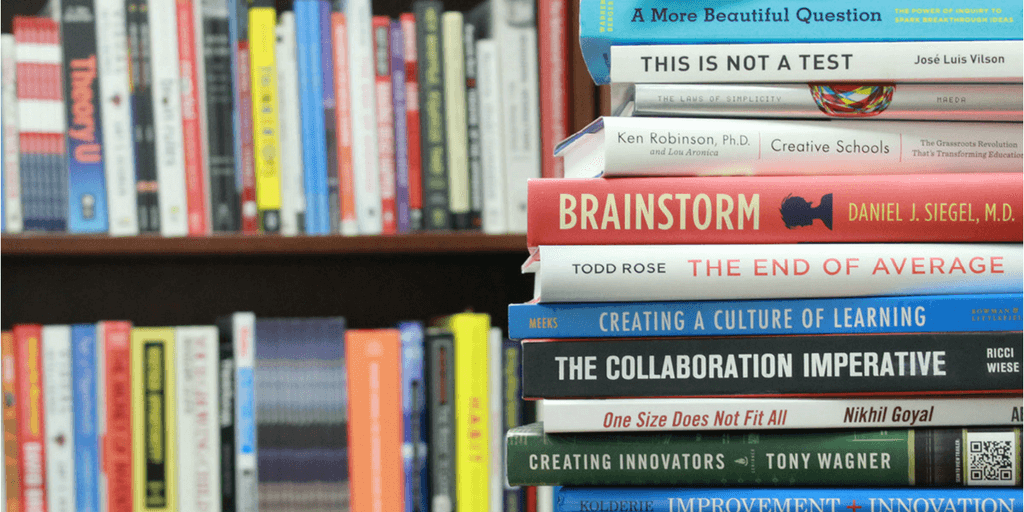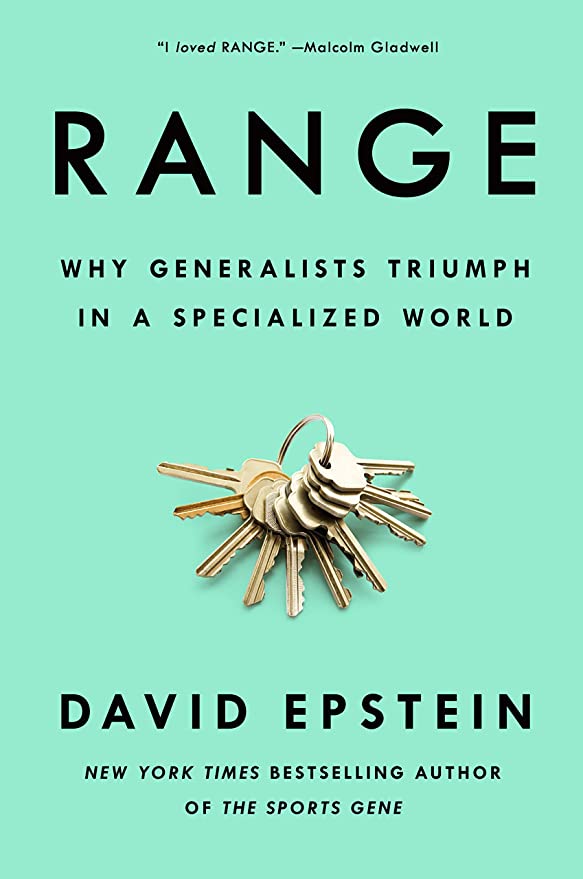
Range: Why Generalists Triumph in a Specialized World
David Epstein
For decades, the assumption has been that expertise is the goal — in education and the job market. It allows for people to efficiently contribute and fit into a broader organization, making the specific difference they are most equipped to make. But, is that still true? David Epstein has discovered that in most fields, the answer is no. Instead, he’s found that generalists are primed to excel, especially as our world grows more complex and unpredictable. He explores his findings in Range and invites readers to see how cultivating various interests, versus just going deep on one, might be a more important key to success than we’d previously thought.
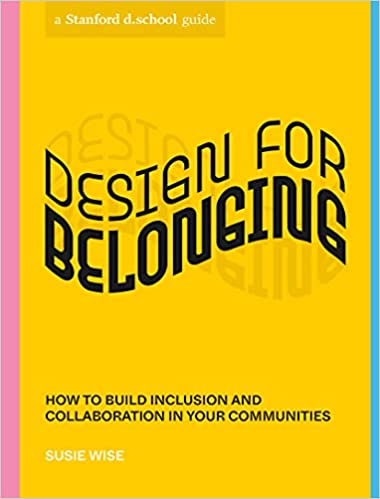
Design for Belonging: How to Build Inclusion and Collaboration in Your Communities
Dr. Susie Wise
We thrive in spaces where we experience belonging — we’re happier, more productive, more creative, and more energized. It is the work of learner-centered leaders to create these kinds of inclusive, affirming spaces and to do so for people coming from all walks of life and lived experiences. Written in conjunction with the Stanford d.school, Dr. Susie Wise’s Design for Belonging offers frameworks, tools, and tips that can assist you in this work. This book is for anyone who wants to welcome everyone into the spaces they’re creating, whether it’s a physical environment or a social setting.
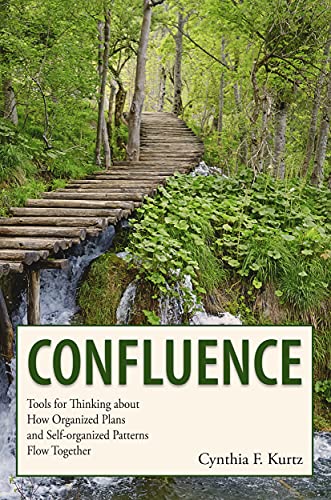
Confluence: Tools for Thinking about How Organized Plans and Self-organized Patterns Flow Together
Cynthia Kurtz
The most effective paths in nature can be seen in flattened grass trails — veering off from established sidewalks — created by humans tuned to finding effective shortcuts. In Confluence, Cynthia Kurtz examines where and how our organized plans (sidewalks) and unintentional patterns (forged paths) intermingle, and the ways in which we might use these to our advantage. “The book lays out seven ‘thinking spaces’ that explore various aspects of the structures and relationships that flow together in our lives.” Confluence is for innovators who enjoy learning from the natural world about how we can more effectively lead our lives, work with ours, and ensure the success of those around us.
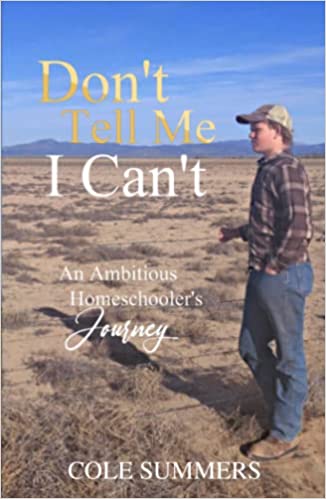
Don’t Tell Me I Can’t: An Ambitious Homeschooler’s Journey
Cole Summers
Cole Summers’ path in life and education has been unconventional, to say the least. In Don’t Tell Me I Can’t, he shares his powerful story. “Home-schooled and born into a poor rural family with disabled parents, he started his own farm by age 7. When he was 9, he purchased a 350-acre ranch, and when he was 10, a house. By the time he was 14, he’d forged a plan to tackle the environmental problems of industrial hay farming and aquifer depletion.” This inspiring read shares the voice of a young adult making a difference in his community — a reenergizing reminder to learner-centered leaders of why they do what they do.
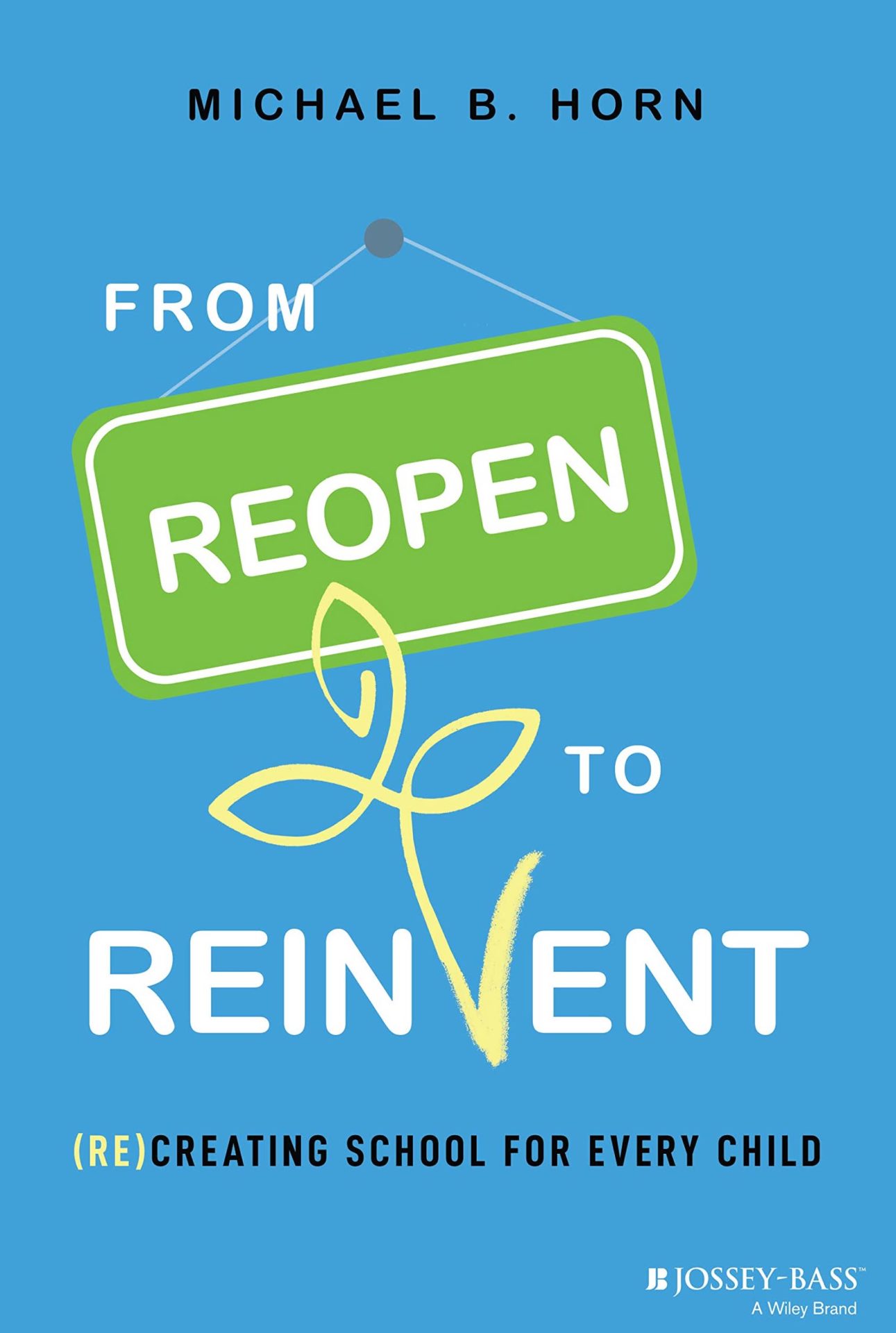
From Reopen to Reinvent: (Re)Creating School for Every Child
Michael B. Horn
Our education system needs to be reimagined and reinvented, not just repaired. As learner-centered leaders, this is not a revelation; it is simply a statement of fact that we’ve been sitting with, in some cases, for decades. We also know the COVID-19 pandemic has brought this reality into view for many more people across the country. In From Reopen to Reinvent, education strategist Michael B. Horn presents leadership and innovation frameworks to help examine what is needed to reinvent a new and holistic approach to education. Recommended for educators, parents, school board members, non-profit leaders, and state education agencies, this book helps to start the conversation about what can be done to reinvent an outdated system.
